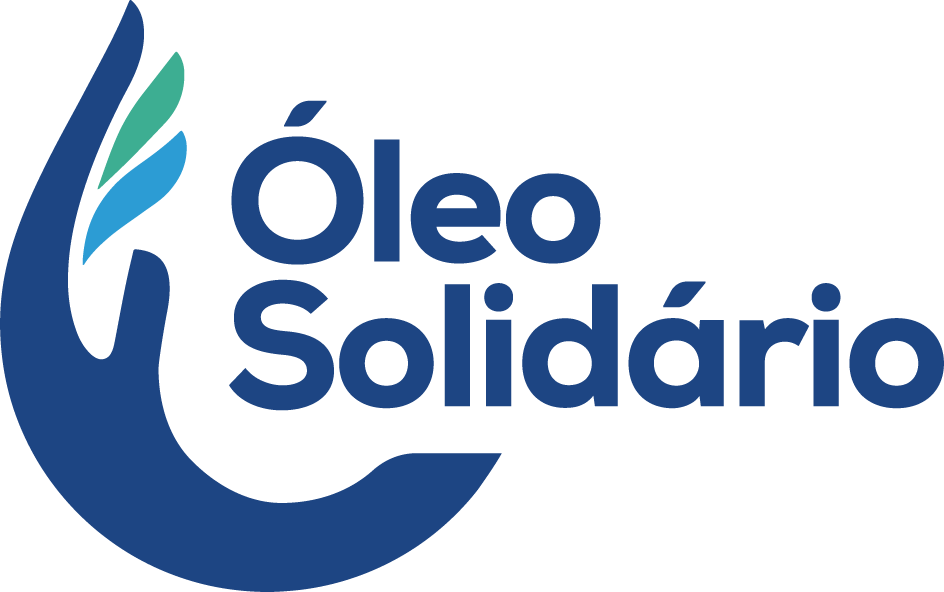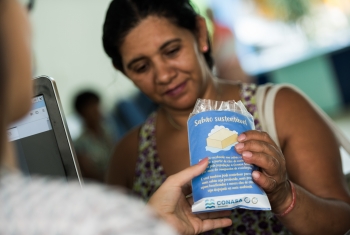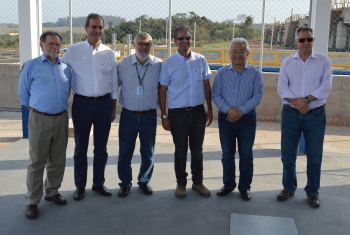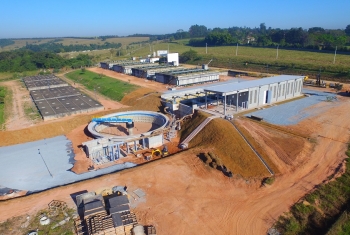Initiative of Conasa Waters of Itapema, Facci, Rotary, and Municipal Department of Education encourages the correct disposal of waste.
Aiming the community attention to the correct disposal of cooking oil after use and promoting social and environmental awareness actions among municipal school students, Conasa Águas de Itapema, Facci, Rotary Club Itapema Costa Verdes Mares, and the Municipal Department of Education launch the Solidary Oil project during this Environment Week.
Through a ranking among 9th-grade students from municipal schools, the project will promote the collection of used cooking oil to be recycled by a specialized company, and the income will be reverted to APAE Itapema. "That's why we call this project Solidary Oil. We will show the importance of the correct disposal and stimulate the collection for a double benefit: protecting the environment and contributing to a philanthropic entity", says Denis Grassi, superintendent of Conasa Águas de Itapema.
The ranking with the schools will start in the second semester of this year, between August and November, with monthly awards related to environmental education for the groups that stand out about the amount of cooking oil collected. At the end of the ranking, the school of the winning group will receive a computer for educational use.
According to Grassi, awareness about the correct cooking oil disposal needs to be part of the population's daily life. "The irregular disposal in the sink drain or on the ground brings serious problems to the sewage system and the environmental ecosystem. The Solidary Oil project will promote awareness through environmental education and solidarity", he said.
For Rodrigo Bicudo Merege, director of the Conservation Unit and Urban Parks of Facci (Environmental Foundation Coastal Area of Itapema), the project is aligned with the actions that the entity promotes in the city related to the selective collection for recycling materials and awareness about pollution of water resources. "The polluting capacity of cooking oil in the environment is very relevant, and the project will offer an easy and practical alternative for disposal," he pointed out.
Another aspect of the Solidary Oil project, according to Merege, is cooperation and the collective vision for social transformation. "The solutions for facing the major environmental problems do not happen individually. We need to work collectively as a society. That is why the Municipal Secretariat of Education partners in this initiative. By promoting awareness within the schools, we will work on the aspect of collectivity and involve families directly", he said.
According to the Rotary Club Itapema Costa Verdes Mares, responsible for the logistics of transporting the collected oil, the project is in total harmony with the entity's mission to form conscious citizens about the importance of preserving the environment. "Environmental sustainability is fundamental so that we can guarantee the supply of society's current needs without compromising those of future generations," the entity emphasized.
Contamination from irregular disposal
When oil is poured directly down the sink drain or discarded on the ground, it can directly infiltrate the sewage systems or reach rivers, lakes, and oceans. The oil forms a layer on the water's surface, blocking oxygen from entering and affecting aquatic life, harming fish, plants, and other organisms. One liter of oil is estimated to contaminate up to 25,000 liters of water.
In addition, cooking oil can form solid deposits in sewage pipes and cause blockages. When disposed of directly into the soil, it can also hinder the growth of plants and crops. The decomposition of used cooking oil in improper disposal sites can also produce greenhouse gases such as methane, contributing to climate change and global warming.
To store used oil for recycling: deposit it in an intact, closed container such as a pet bottle; keep the container in a safe place and not exposed to the sun; and deliver it to the selective collection as soon as it reaches 2 liters.



